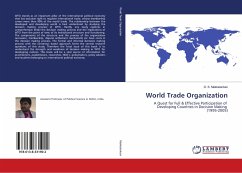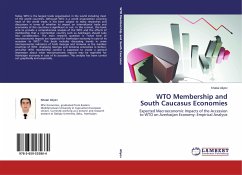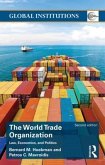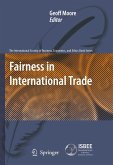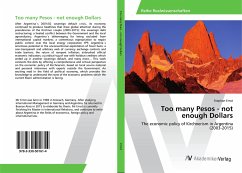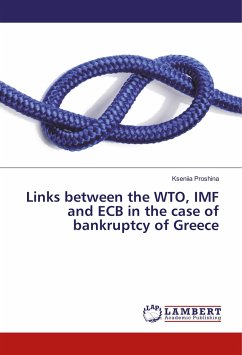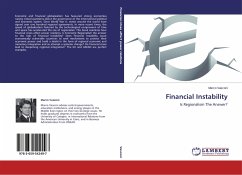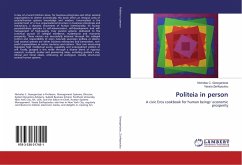WTO stands as an important pillar of the international political economy that has exclusive right to regulate international trade, whose membership covers more than 90% of the world trade. The relationship between the developed and developing world is best understood by studying the decision making process of WTO. Hardly, any study explores in comprehensive detail the decision making process and the implications of WTO from the point of view of its institutional structure and functioning. The components of the structure and the process of the organization (accession, membership, dispute settlement mechanism) etc have roots in the decision making process. The formal and informal decisions making process with the consensus based approach forms the central research questions of this study. Therefore the focal issue of this book is to understand the strength and weakness of decision making in WTO for developing nations. This book will be a vital source of information for practitioners, academicians, researches, NGO's, policymakers, policy advisers and students belonging to international political economy.
Bitte wählen Sie Ihr Anliegen aus.
Rechnungen
Retourenschein anfordern
Bestellstatus
Storno

